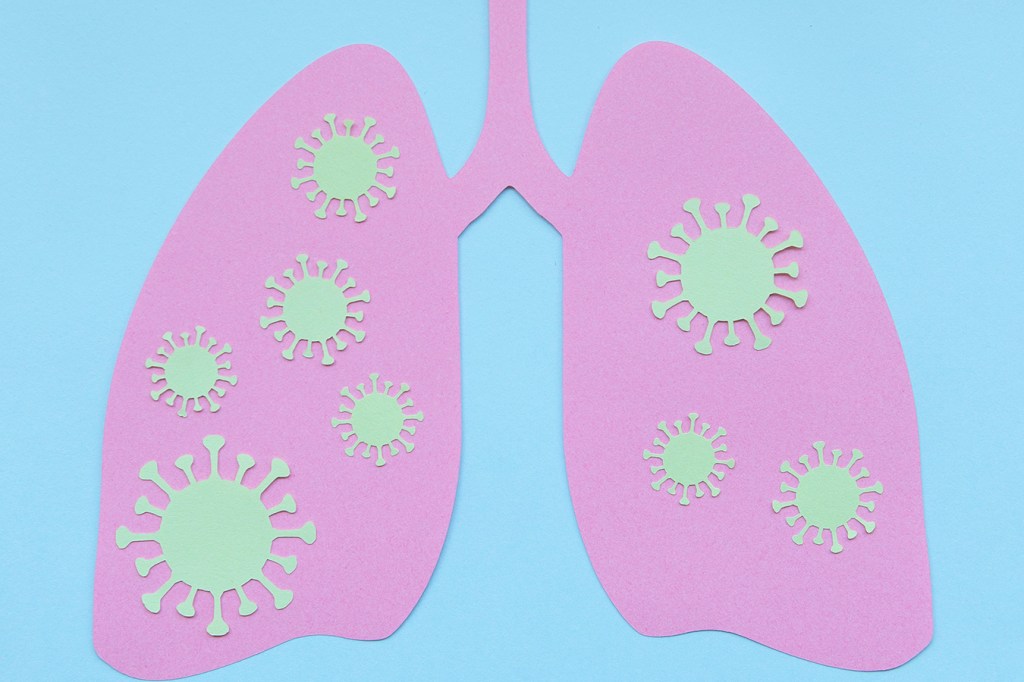
Physicians state a lady in Michigan contracted covid-19 and passed away last fall 2 months after getting a tainted double-lung transplant from a donor who ended up to harbor the virus that triggers the illness– despite revealing no signs of disease and at first screening unfavorable.
Officials at the University of Michigan Medical School suggested it may be the very first tested case of covid in the U.S. in which the virus was transmitted through an organ transplant. A cosmetic surgeon who dealt with the donor lungs was also infected with the infection and fell ill but later on recuperated.
The occurrence appears to be separated– the only validated case among almost 40,000 transplants in 2020. However it has caused require more thorough testing of lung transplant donors, with samples taken from deep within the donor lungs as well as the nose and throat, stated Dr. Daniel Kaul, director of Michigan Medicine’s transplant infectious disease service.
” We would never have used the lungs if we ‘d had a favorable covid test,” stated Kaul, who co-authored a report about the case in the American Journal of Transplantation
The virus was transferred when lungs from a female from the Upper Midwest, who passed away after suffering a severe brain injury in a vehicle mishap, were transplanted into a lady with chronic obstructive lung illness at University Health center in Ann Arbor. The nose and throat samples routinely collected from both organ donors and receivers checked negative for SARS-CoV-2, the infection that causes covid.
” All the screening that we normally do and are able to do, we did,” Kaul said.
3 days after the operation, however, the recipient surged a fever; her blood pressure fell and her breathing ended up being labored. Imaging revealed indications of lung infection.
As her condition got worse, the client developed septic shock and heart function problems.
Suspicious about the origin of the infection, medical professionals went back to samples from the transplant donor. A molecular test of a swab from the donor’s nose and throat, taken 48 hours after her lungs were acquired, had actually been unfavorable for SARS-Cov-2. The donor’s family informed medical professionals she had no history of current travel or covid signs and no known direct exposure to anyone with the disease.
4 days after the transplant, the cosmetic surgeon who handled the donor lungs and performed the surgery evaluated favorable, too. Genetic screening exposed that the transplant recipient and the cosmetic surgeon had been infected by the donor. Ten other members of the transplant team evaluated negative for the infection.
The transplant recipient deteriorated quickly, establishing multisystem organ failure. Life assistance was withdrawn, and she died 61 days after the transplant.
Kaul called the event “a terrible case.”
While the Michigan case marks the first verified event in the U.S. of transmission through a transplant, others have been suspected. A current Centers for Disease Control and Avoidance report reviewed eight possible cases of what’s called donor-derived infection that happened last spring, but concluded the most likely source of transmission of the covid virus in those cases remained in a neighborhood or healthcare setting.
Prior to this incident, it was not clear whether the covid infection could be transmitted through solid organ transplants, though it’s well recorded with other breathing infections. Donor transmission of H1N1 2009 pandemic influenza has been spotted practically specifically in lung transplant receivers, Kaul kept in mind.
While it’s not surprising that SARS-CoV-2 can be transmitted through infected lungs, it remains uncertain whether other organs affected by covid– hearts, livers and kidneys, for instance– can transmit the infection, too.
” It appears for non-lung donors that it may be very tough to transmit covid, even if the donor has actually covid,” Kaul stated.
Organ donors have actually been evaluated regularly for SARS-CoV-2 during the pandemic, though it’s not required by the Organ Procurement and Hair Transplant Network, or OPTN, which oversees transplants in the U.S. But the Michigan case highlights the requirement for more comprehensive sampling before transplant, particularly in locations with high rates of covid transmission, Kaul said.
When it comes to lungs, that means making sure to check samples from the donor’s lower breathing system, as well as from the nose and throat.
Due to the fact that no organs other than lungs were utilized, the Michigan case doesn’t offer insight into testing protocols for other organs.
In general, viral transmissions from organ donors to receivers stay rare, occurring in fewer than 1%of transplant receivers, research study reveals. The medical threats facing ailing clients who reject a donor organ are normally far higher, said Dr. David Klassen, chief medical officer with the United Network for Organ Sharing, the federal specialist that runs the OPTN.
” The threats of declining transplants are disastrous,” he said. “I do not believe clients need to hesitate of the transplant procedure.”
No comments:
Post a Comment